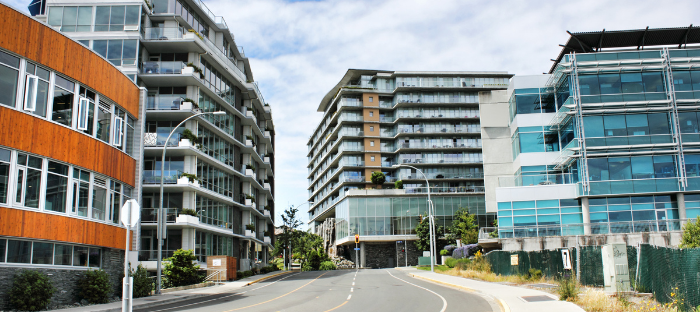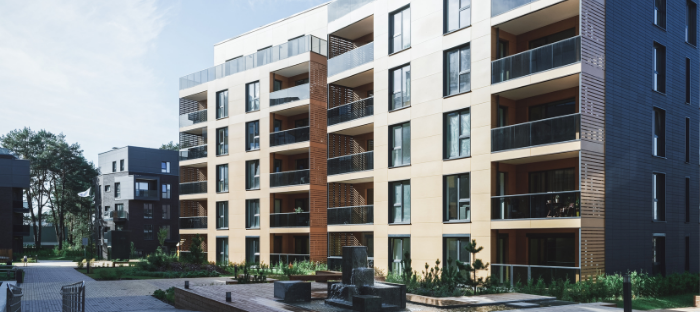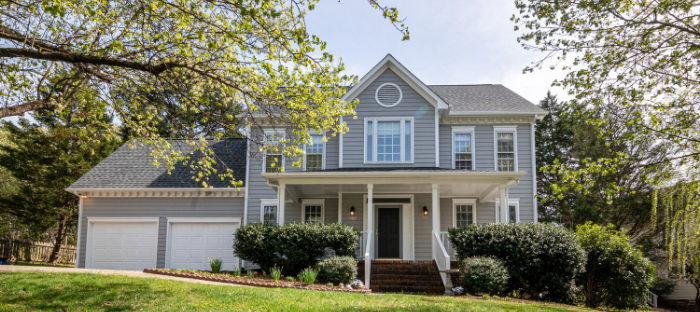How New Developments Change Property Values.

How New Developments Change Property Values. Changes in property values seem scary to many homeowners, and with the volatility of the market always increasing it makes it hard to know if the value of your home is going to rise or wall. New developments as either new residential buildings or pieces
Read MoreWhat You Need To Know About Homeowners Associations

What You Need To Know About Homeowners Associations. What is a homeowners association? A homeowners association is a non-profit organization that manages the property of an entire neighbourhood. Most HOAs are organized by subdivisions, housing developments, condominiums or planned unit developments
Read MoreHow to Know if an Apartment is Right For You?

How to Know if an Apartment is Right For You? Whether it's your first apartment or you're thinking of moving and don't want to repeat some mistakes, this was written for you. Here are the questions you need to ask yourself, the landlord, and your real estate agent. What neighbourhood is it in? This
Read More
Categories
Recent Posts









